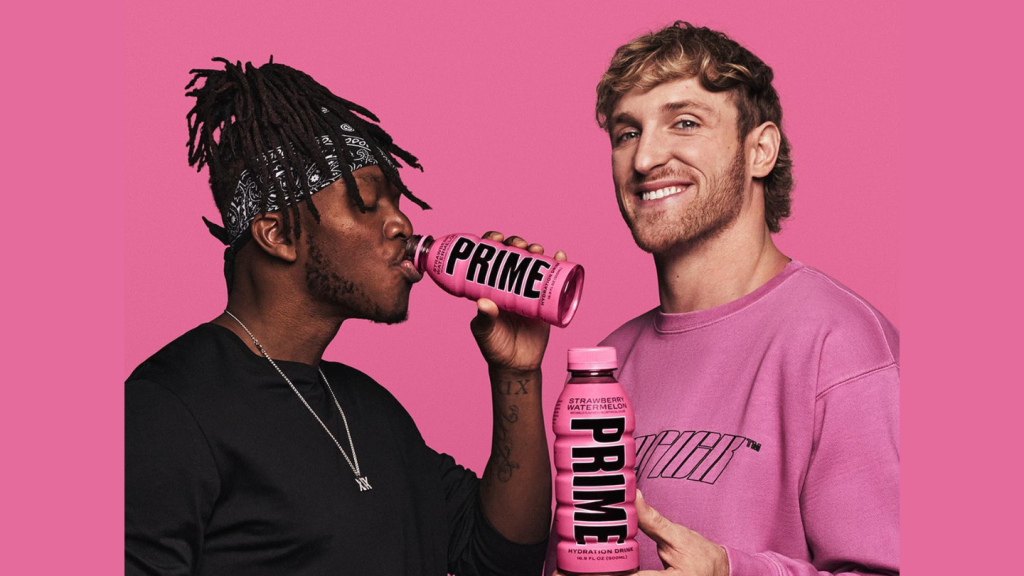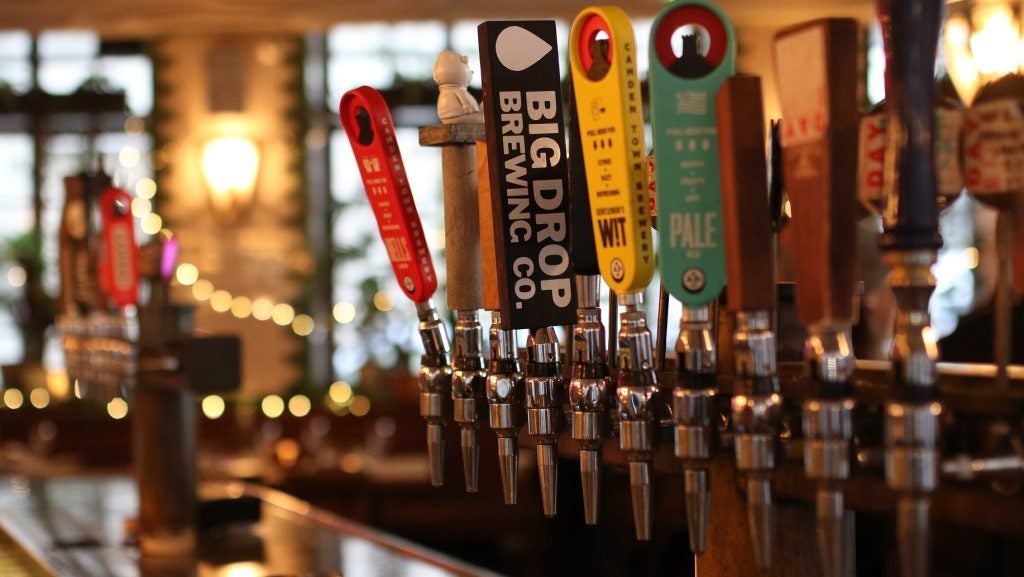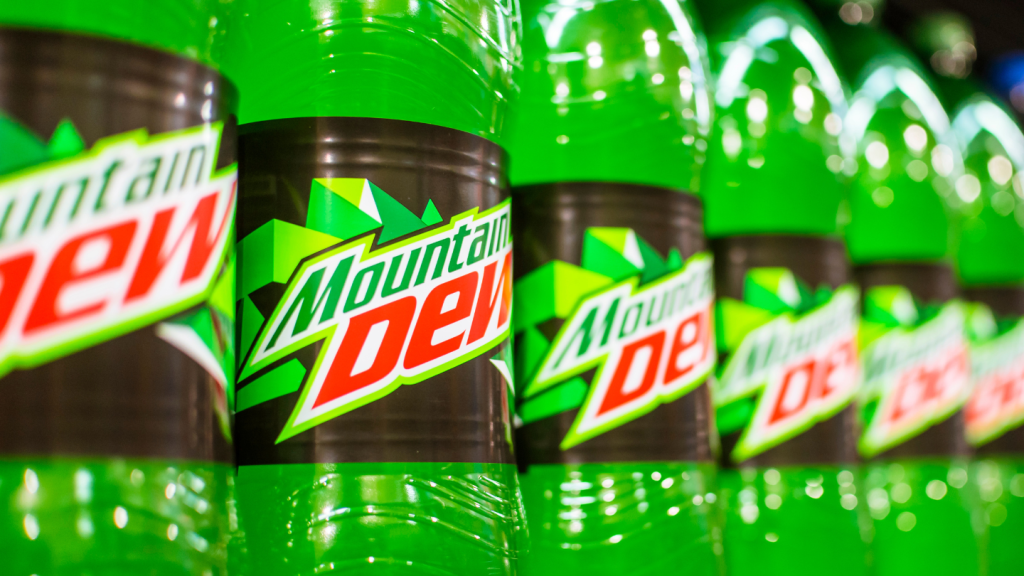In a note released today, analysts at Rabobank have outlined the possible repercussions on each of the major drinks categories of the UK’s decision to leave the EU. Here, just-drinks summarises the financial services company’s findings:
Beer
- The UK imports around 18% of its consumption volume, while it exports 13% of its production volume
- Most leading brands are owned by international brewers with facilities in the UK and abroad. Following Brexit, these brewers may decide to change business models from imported to licensed beer, Rabobank says
- Domestic competition between craft brewers could ease if foreign competitors are affected by a weak Pound and the threat of trade barriers
- Anheuser-Busch InBev’s purchase of SABMiller could be impacted. The value of SAB in British Pounds will have risen because a significant portion of the company’s earnings are in foreign currencies. AB InBev could have benefited, but hedged part of the purchase price, Rabobank says
What does Brexit mean for Anheuser-Busch InBev’s takeover of SABMiller? – Analysis
Wine
- The EU is the largest supplier of wine to the UK. France, Italy and Spain supplied 60% of British imports in 2015, according to Rabobank
- If the weaker Pound reduces demand for imports, those countries will have to find new markets
- Analysts suggest moves for markets such as the US and China will impact both domestic and foreign competitors
Why Brexit is a disaster for the wine category – Comment
Spirits
- Imports of spirits to the UK, such as Cognac and Bourbon, will be the first to be affected by a weaker Pound
- Scotch whisky producers will see some opportunities in the near-term, thanks to a softer Sterling
- Scotch suppliers are concerned about the loss of the free trade agreement with the EU
- If Scotland, which voted in favour of remaining in the EU, breaks away from the UK and stays in Europe’s Common Market, it may benefit Scotch but may also upset wine producers who would want “reciprocal access to the British market for wine”, says Rabobank
Soft drinks
- Where geographical classifications for bottled water are concerned, producers may look to move other parts of the process, such as bottling operations, closer to consumers in export markets
- For juice producers, the UK may chose to import tropical fruits, such as oranges, from different places or alter the quantities of present imports







